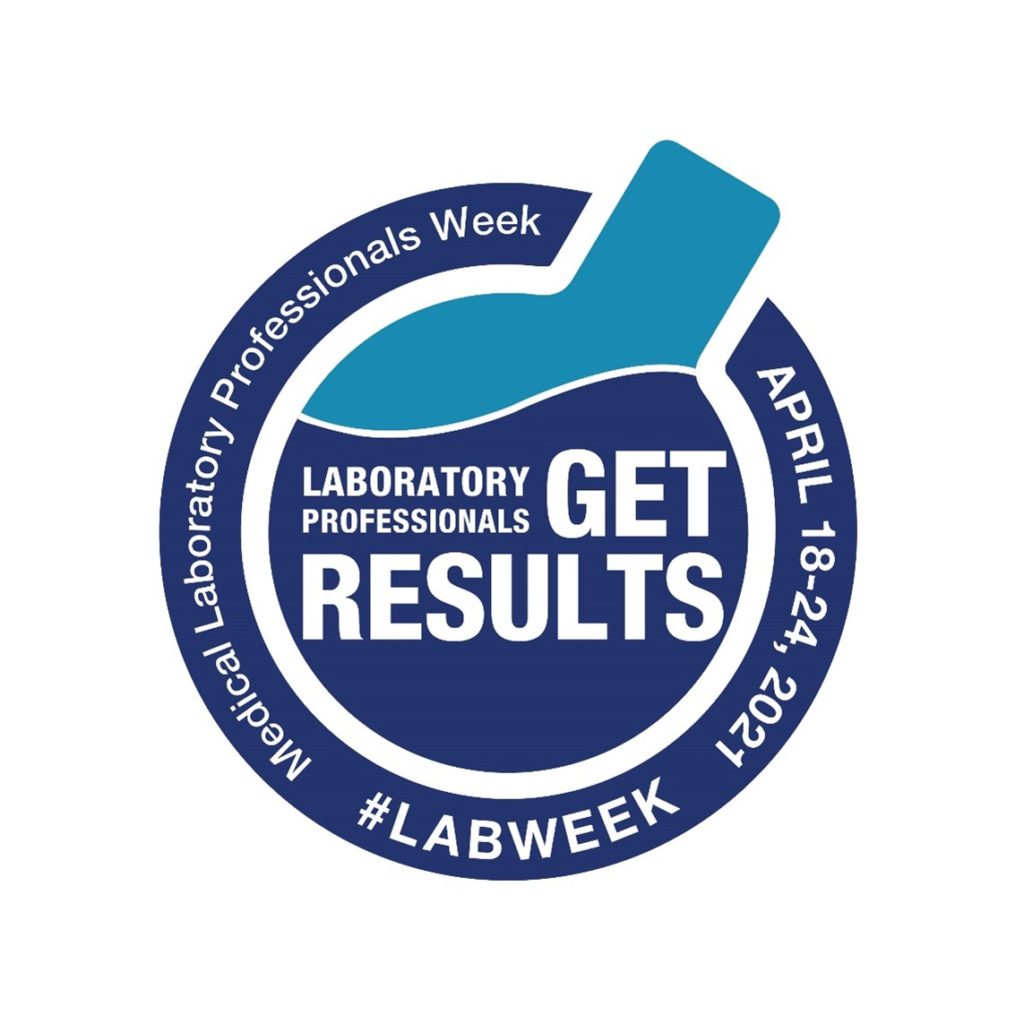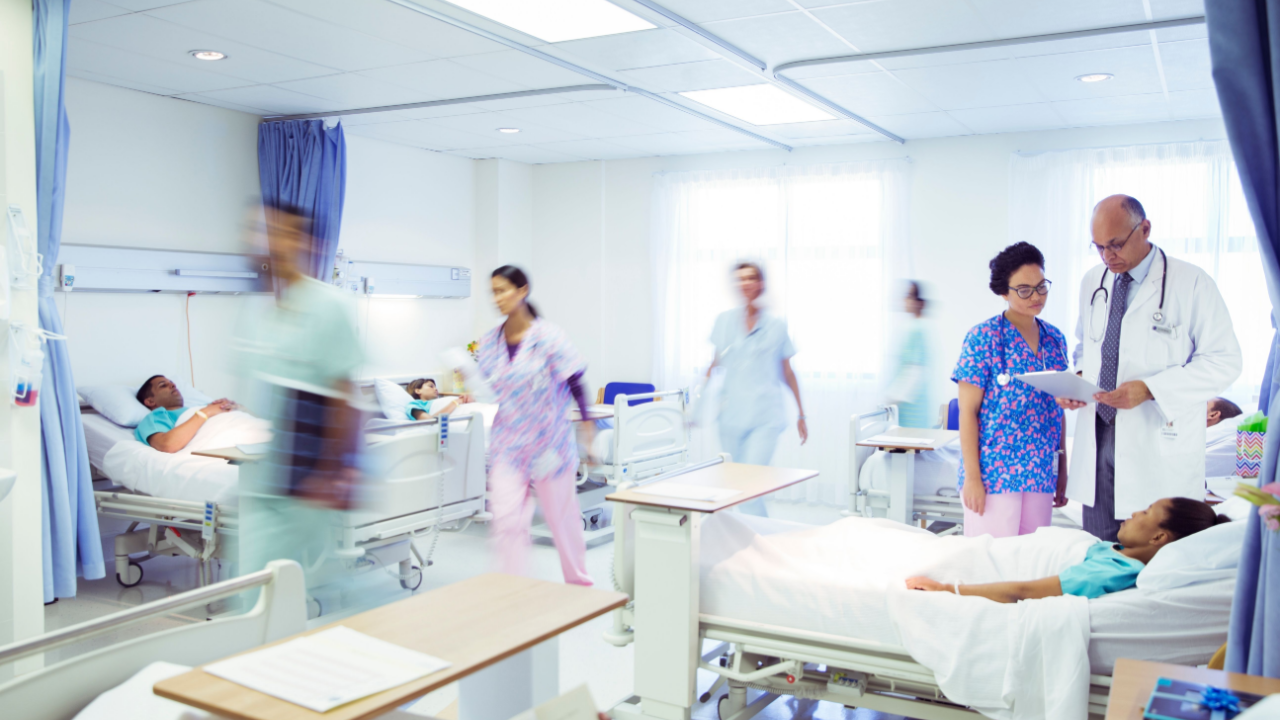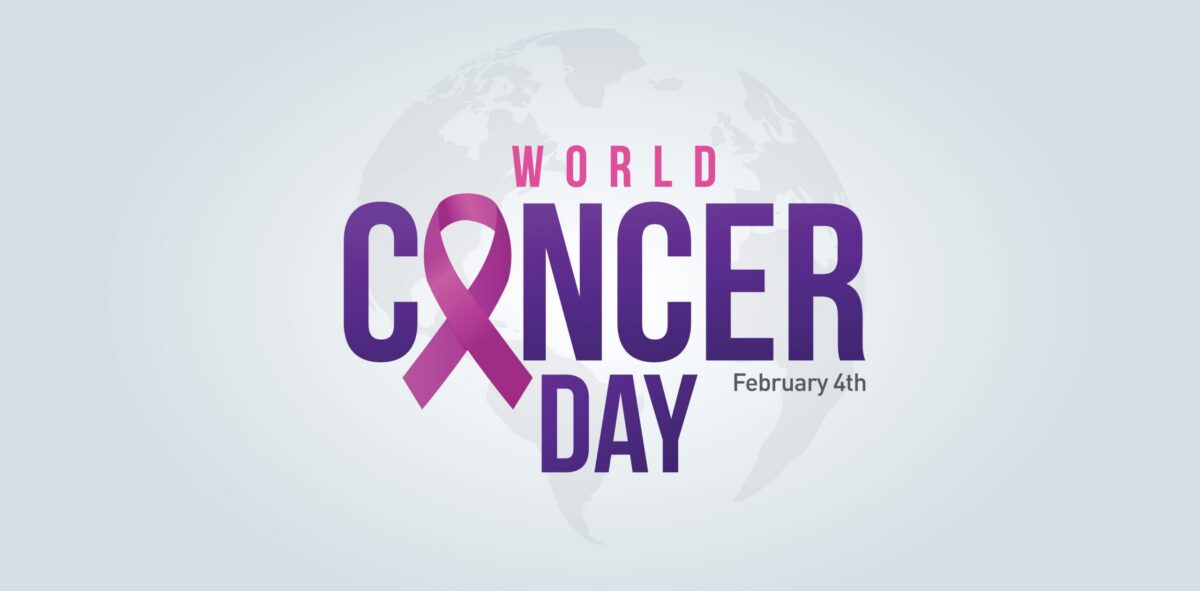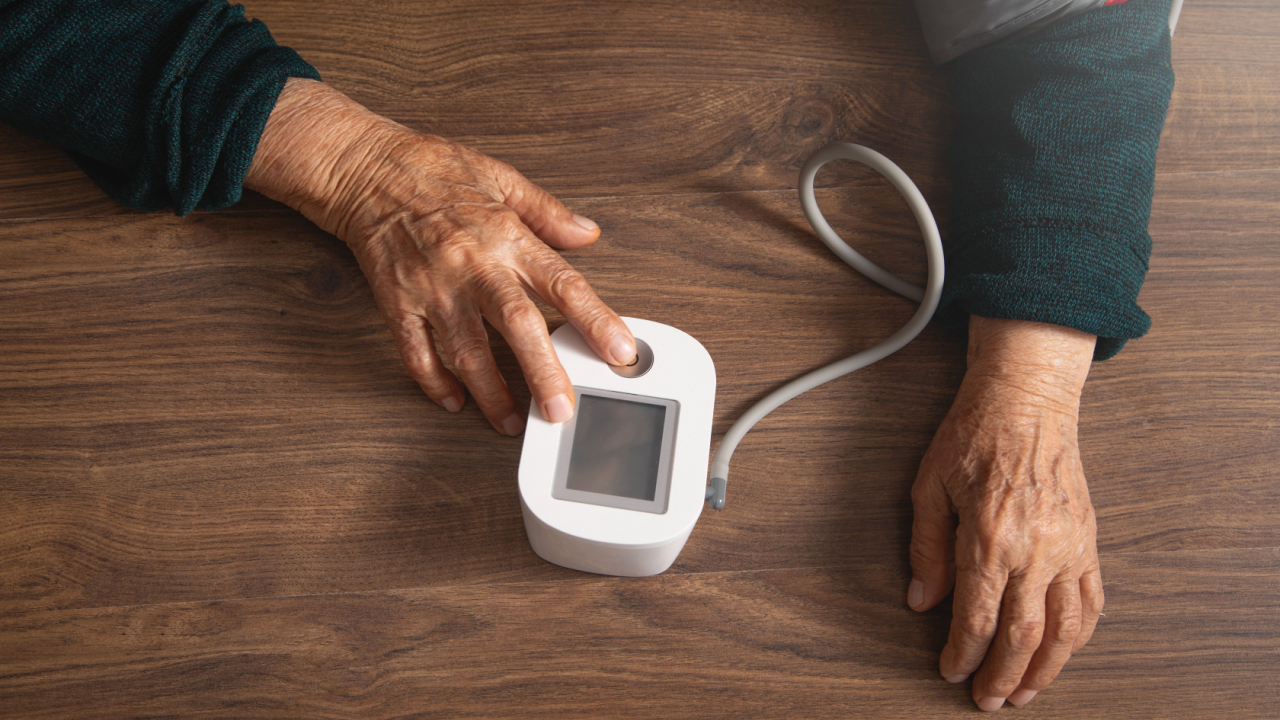This week marks Medical Laboratory Professionals Week (MLPW), or Lab Week, which is taking place April 18–April 24 this year. The annual event celebrates the work of professionals in the medical laboratory industry, which include medical technicians, medical technologists, lab assistants, pathologists, biologists, geneticists and a host of other specialists. Together, they form medical lab teams, which play critical roles in healthcare and patient advocacy.
MLPW occurs during the last full week of April every year.
During the past year, the roles and work of medical laboratory personnel have been especially critical during the COVID-19 pandemic. Celebrating and honoring medical laboratory professionals this week perhaps holds that much more significance this year.
This is the 46th year of MLPW and the week was first inaugurated in 1975 under the wings of the American Society for Medical Technology, now called the American Society for Clinical Laboratory Science (ASCLS), and was termed National Medical Laboratory Week, or NMLW. In the years following, other organizations served as cosponsors and campaign supporters.
———————————————————————————————————————————————————————-
Related: Clinical Research Jobs: How to Choose the Right Career Path
———————————————————————————————————————————————————————-
Medical laboratory services are part of the backbone of medical diagnostics and treatment, as well as disease monitoring and prevention. They provide critical laboratory data to physicians to aid in diagnosis and guide treatments. In fact, about 70 percent of healthcare decisions involve some component of lab testing.
Medical laboratory professionals typically work in clinical medical laboratories, carrying out a wide range of laboratory tests on a variety of clinical samples. The most common samples include blood and urine for blood chemistry profiling, CBC analysis and urinalysis. Throat and nasal swabs are other common sources of clinical samples, especially for COVID-19 at the moment. Everything from infections to pregnancy to cancers like leukemia first go past the eyes of a medical laboratory professional who runs the tests and evaluates the results for technical accuracy.
Busy hospital labs typically often see medical laboratory professionals process hundreds of tests in one shift.
Medical Laboratory Professionals
A clinical medical laboratory team consists of different professionals that specialize in various areas of expertise. For example, a pathologist usually analyzes samples mounted on slides to make a diagnosis. Slide preparation may be carried out by a medical laboratory technician, while medical technologists (also known as medical lab scientists) prepare and process samples, culture samples from swabs, load samples onto instruments and take a look at the results and flag them for any abnormalities.
A lot of this work is done behind the scenes and thus medical laboratory professionals are often seen as the unsung heroes tucked away in hospitals, academic centers or physician’s offices who are at the very helm of critical testing, diagnoses and treatments.
Most hospital laboratories are major departments in themselves housing multiple areas such as chemistry, microbiology, hematology, virology, histology, immunology/molecular diagnostics and a blood bank.
The Medical Laboratory Industry
In 2020, the global market for clinical laboratory services was valued at over $96.8 billion and is projected to reach $135.5 billion by 2027.
According to the market report citing these figures, the hospital-based laboratories segment of the clinical laboratory services industry is projected to grow at a 4.6 percent CAGR to reach $78.3 billion by the end of the analysis period. The physician office-based laboratories segment made up a 2.8 percent share of the industry in 2020 and is expected to grow to $2.9 billion in 2027 from $2 billion last year. Much of the projected four percent CAGR growth in this segment will be driven by the US, Canada, Japan, China and Europe.
The independent laboratories segment, which accounts for a 38.3 percent share of the global clinical laboratory services market, is projected to grow at a 5.4 percent CAGR in the upcoming seven-year period. This figure came from an early analysis that included the business implications of the pandemic and its induced economic crisis.
The US accounts for over 29.5 percent of global market size in 2020. It is predicted that China will grow at a 4.7 percent CAGR for the 2020-2027 period.
Major competitors in the market include Dynacare, Quest Diagnostics Inc., The National Health Laboratory Service and Bio-Reference Laboratories, Inc., among a host of others.
Medical Laboratory Professionals During COVID-19
Medical laboratory testing has been a critical bottleneck during the current COVID-19 pandemic, particularly early on in the pandemic when test supplies were in short supply. Timely and high-quality testing remain key in the prompt diagnosis and treatment of COVID-19 patients, and in mitigation strategies to control the pandemic.
With the urgent and growing need for both the number and turnaround times of tests, clinical medical laboratories across the world have had to cope with the high demand of testing during the global health crisis. There’s never been a more important time than now to thank and celebrate the efforts of medical laboratory professionals who continue to work tirelessly to process COVID tests.
As of April 11, the US has conducted almost 411 million COVID-19 tests. PCR remains the gold standard for COVID-19 testing. Samples are typically collected through nasopharyngeal swabbing and sent to a clinical medical lab for testing. Many companies have also been developing at-home tests for greater speed and convenience. While some tests like those from Quest Diagnostics involve self-collection of samples that users must ship to a designated clinical medical laboratory, a new test from Cue Health is a molecular test that can be conducted exclusively at home. These new tests may help ease some of the burden and burnout that medical lab professionals have been facing during the pandemic.
As part of its COVID-19 response, the CDC’s Division of Laboratory Systems (DLS) has organized regular calls with clinical laboratories to discuss the country’s clinical laboratory response to COVID-19. These response calls take place every other Monday at 3pm EDT.
And alongside COVID-19 testing, medical laboratory professionals have worked to ensure timely and quality lab test results for all other routine and life-saving procedures for patients.
“I could not be prouder of medical laboratory professionals, my friends and colleagues, those heroes in lab coats, who quietly and confidently go about their duties to provide quality laboratory test results so that physicians can make accurate and timely diagnoses, all with patient safety at the heart of what they do. I want them to know, how much they are appreciated,” said Maddie Josephs, MS, MT (ASCP), president-elect, ASCLS in a video statement from the organization.
Xtalks would like to recognize, thank and celebrate medical laboratory professionals for their work in continuing to deliver timely and accurate lab results during this pandemic, in often difficult and testing circumstances. We see your work and are thankful for your unwavering commitment to patient care.











Join or login to leave a comment
JOIN LOGIN